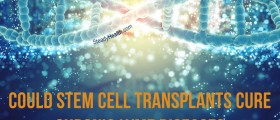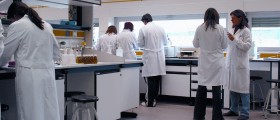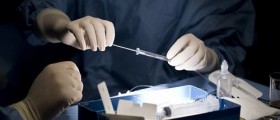
Stem cells can be described as the repair cells for our body. Namely, for every kind of damage taking place on a cellular level, stem cells are produced and sent to the troublesome area, where they divide into the necessary type of cells and promote regeneration of our body. So, basically, stem cells are universal cells which can produce and develop into specialized cells.
Facts about Stem Cells
Stem cells are found in blastocysts. These are small balls full of cells which are created once an embryo reaches its 5th day of genesis. Thus, in order to get the necessary stem cells, scientists use in vitro fertilizations so that they can harvest them. The greatest feature of stem cells is their capability to divide themselves countless times, producing cells which can replace any other cell in our body. Therefore, as long as we have enough well-functioning stem cells in our body, it can regenerate without any problems.
As far as harvesting of stem cells is concerned, it is done from the inner cell mass of the blastocysts. This part contains 30 stem cells which replicate in laboratory conditions and give rise to millions of new embryonic stem cells, which are either universal or specific like blood cells, nerve cells, certain organ cells etc.
The Use of Embryonic Stem Cells
The purpose of this entire harvesting process is simple. Scientists are trying to understand these cells better so that they can use them in order to treat people with health problems and trigger this process of cell regeneration in their organisms. In fact, these cells could easily cure diseases such as Alzheimer's, Parkinson's, diabetes, cancer, cardiovascular diseases etc.
The Moral Issue
Since used blastocysts are not allowed to develop further, even though these are parts of a fertilized egg, this process presents a matter of controversy to many ethical and religious communities, even though the material for the production is voluntarily donated for research purposes. The science defends itself claiming that the blastocysts left in such conditions are doomed anyway. Also, they say that these cells would never be returned to the uterus and, therefore, cannot be developed further.
All in all, the goal of this research is finding cures for many illnesses which take billions of people's lives annually. So, regardless of moralistic and ethical prejudice, the goal is more than noble, having proliferation of the human race as a whole in mind. We eat meat of slaughtered animals and use various environmentally harmful chemicals for our own selfish purposes daily. In comparison to that, stem cell research is utterly benevolent.

















Your thoughts on this
Loading...